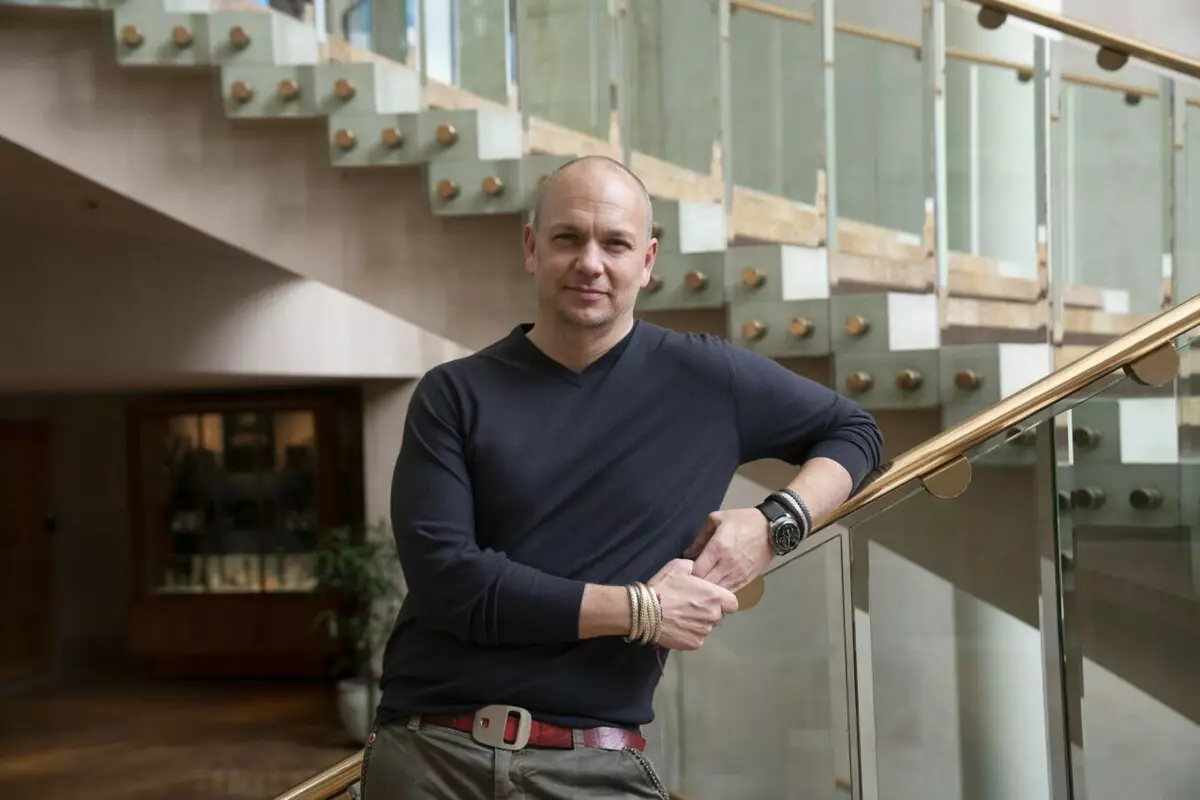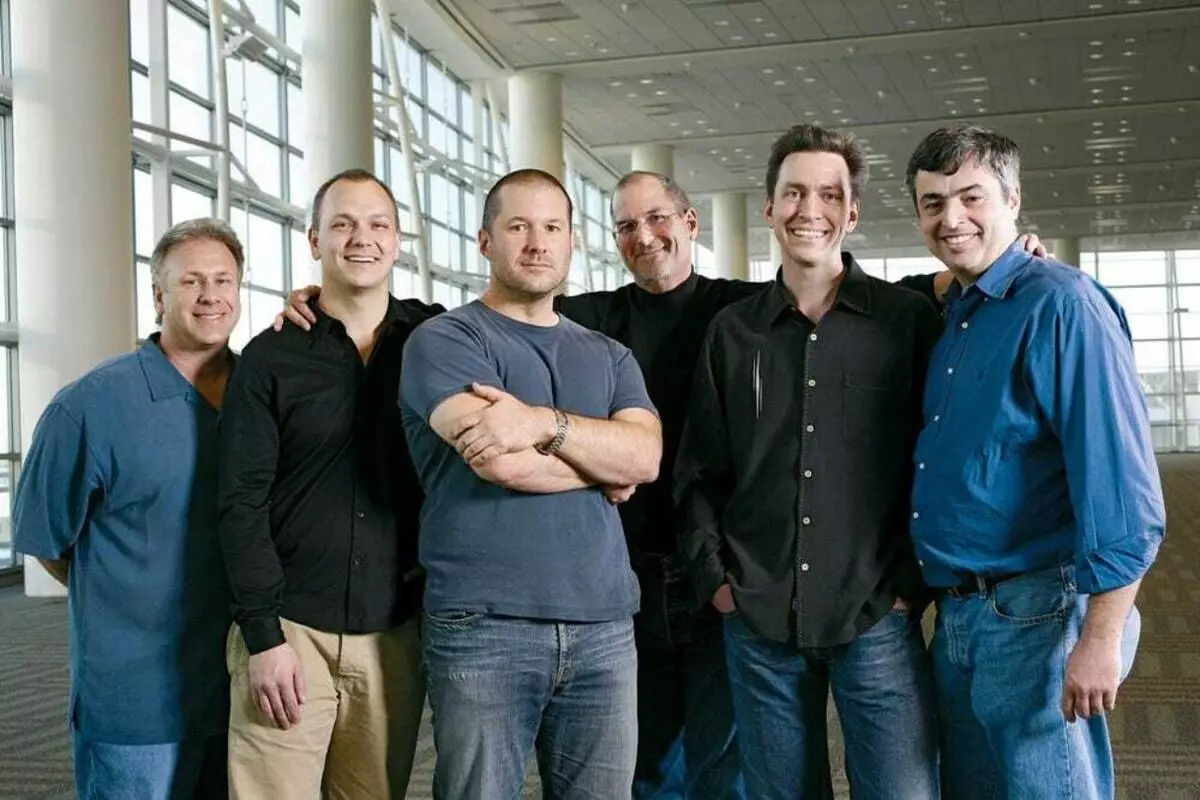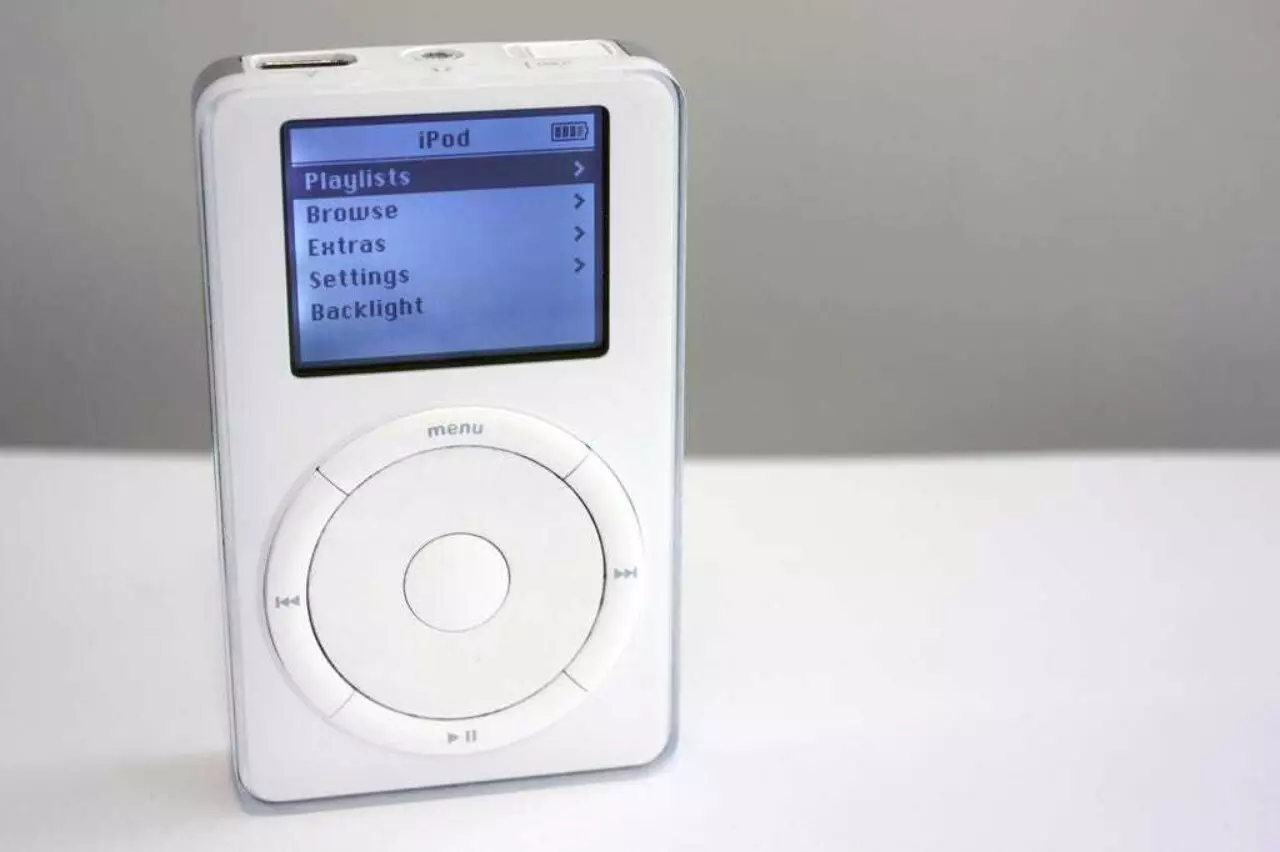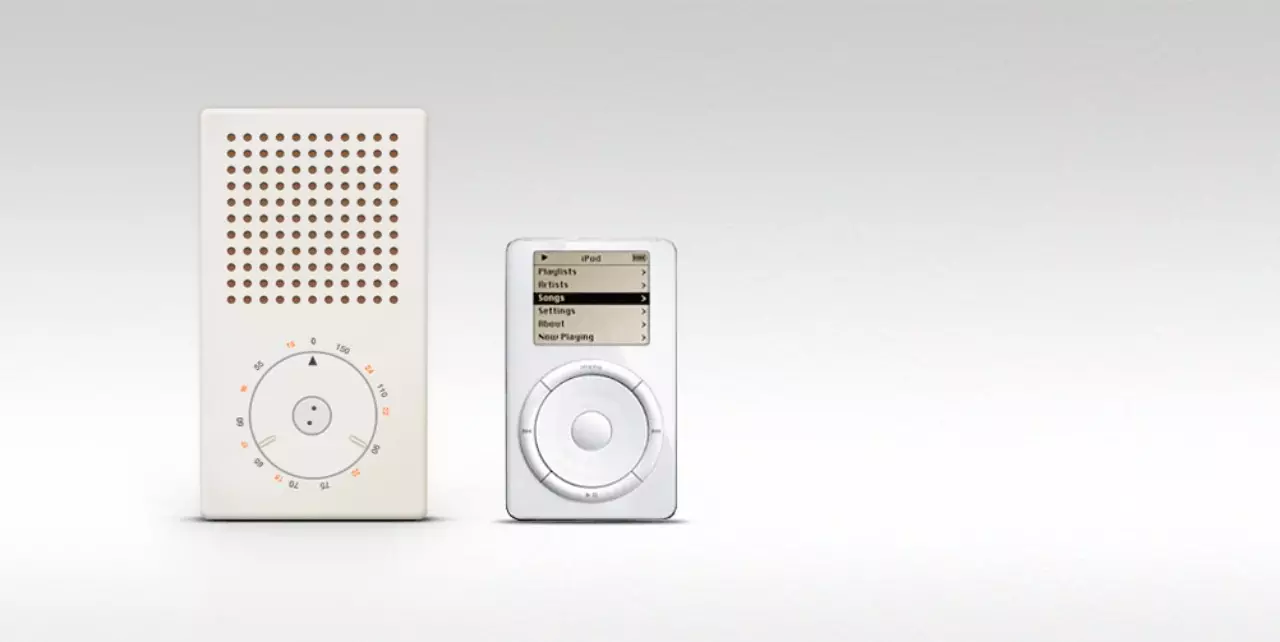For Apple, she refused to all customers, but could not resist the market after the loss of the main customer.
From 1999 to 2007, PortalPlayer created microchips for media player manufacturers and managed to work with IBM, SONY and others. Apple became the main client of PortalPlayer - cooperation with it led to the main success and failures of the company.
The appearance of PortalPlayer
At the end of 1998, the venture capitalist Gordon Campbell suggested the National Semiconductor semiconductor manufacturer to create chips for MP3 players. None of the top management of the company's idea is interested, except for the director of John Mallard technologies. After the meeting, he spent Gordon to Parking, and in June 1999 Mallard, Campbell and four more employees National Semiconductor founded PortalPlayer.To create a company, they attracted $ 5 million from J.P. Morgan, and Campbell has invested its own funds. PortalPlayer engaged in the production of microcircuits and software for portable multimedia devices.
By 2000, 12 customers worked with PortalPlayer, mostly Asian equipment manufacturers, but among them were IBM. She planned using PortalPlayer to release a small MP3 player with a round screen and wireless bluetooth headphones, which would work on its own miniature hard drives.
Also PortalPlayer worked on the player for AIWA, Sony's subsidiary. But at the final stage, Sony abandoned the development, about whom later, by rumors, sorry.
In 2001, Apple addressed PortalPlayer. Then the creation of players in Apple was engaged in the engineer Tony Fadel - he was looking for a company with ready-made work and offered cooperation. The company agreed and stopped working with the rest of customers. According to the former PortalPlayer Manager Bena Knauss, 200 employees of the company in the USA and 80 in India moved to work on the iPod.
Acquaintance and work with Apple
Who is Tony FadelApple hired Fadel in 2001 - because of his work experience with portable devices.

In the 90s, he collaborated with General Magic, where he worked on the "smartphone" analogue, which the company came up with many years before their appearance on the market. Fadell told: "In the General Magic device there was all - mobile mail, downloadable games, purchases and other functions. And this in 1994. Today we all understand what it is, but then it was necessary for four hours to explain to people the essence of the project. " However, in 2003, the company closed.
Then Fadell worked in Philips Electronics over Nino pocket computer. There he met the representatives of Audible, online service audiobooks who wanted to add their software in Nino. Then Fadel first thought about the idea of a digital player.
In his free time, Fadell worked as a DJ and he did not like to carry large boxes with CDs with him. Fadel thought, is it possible to use the Audible approach and make the music digital to solve this problem. He suggested the idea of the PHILLIPS leadership, but unsuccessfully.
Later, Fadel left the company, for a short time worked in RealNetworks and in 1999 he founded his own Music Startup Fuse Systems.
Fadel developed a device that could copy music from a CD to a hard disk and store it. However, according to him, in the process, the market situation has changed - it became clear that consumers do not want to receive music, buying something physical. He appealed to 80 companies with a request to finance, but everywhere received a refusal.
The company from the company by 2001 was rapidly ended. And at that moment, Fadel was called from Apple.
Where Apple began developing iPodIn 2000, the head of Apple Steve Jobs decided to create a music player. MP3 players presented at the market, Jobs considered uncomfortable, ugly and non-functional.
Some worked only on CDs, others with a hard disk, but were large and severe, and their interfaces are inconvenient. In addition, the players used the USB 1.1 standard with slow transmission of files. Jobs believed that Apple could make his player, avoiding these errors.
He instructed the creation of player John Rubinstein, the head of the company's technical department. Since Apple engineers were busy - worked on projects related to Mac, Rubinstein asked for help from third parties. He learned about a man with the necessary qualifications and experience - Tony Fadel. Rubinstein called him in January 2001 and suggested joining Apple.
The company allocated Fadel team out of 30 designers, programmers and hardware engineers, and gave to the development of the player ten months.
Fadell was looking for a company with ready-made solutions. He appealed to nine firms, including major electronics manufacturers Rio, Creative and Texas Instruments. However, the best solution was from PortalPlayer. Apple attracted almost ready-made hardware platform and low-level OS (power management, core and driver).
Fadel knew that PortalPlayer worked on several prototypes of the players, one of them was not more than a pack of cigarettes. Apple in turn purchased a large batch of 1.8-inch hard disks with a capacity of 5 GB, which would help make players small.
Apple began working with PortalPlayer in the summer of 2001, and IPod sales began in November.

According to Knauss, Fadel considered the design of the PortalPlayer player "rather ugly" - the devices resembled a radio receiver with a multitude of buttons. Players did not support playlists with more than ten tracks, there was no equalizer.
Nevertheless, Fadell realized that there were potential in developments, in addition, Apple "burned" dates. Knauss said that when Apple appealed to PortalPlayer, the player project was ready for 80%. "Most of the time spent on creating an iPod went to the improvement of our product," said Knauss.
Apple wanted to add to the device support for the AAC's own musical format, the equalizer and the new interface that she herself developed in three months, told Knauss.
According to him, Fadell knew how to earn with the help of a player, and Steve Jobs formulated what the user had to feel from working with the device.
At first, Jobs conducted meetings about the iPod every two or three weeks, but after the creation of the first prototypes, he worked on the project daily. During the meetings, he described in detail about the feelings from working with iPod.

He wanted to get to the desired song to be reached by more than three clicks, so that the menu was opened faster, and the player sound became more clear. According to Knauss, Jobs suffered a hearing impairment, and developers had to make a louder player.
Jobs also suggested not to add a digital protection system from the DRM piracy to the first version of the player to not reduce sales.
The appearance of the device was developed by Joni Aiv. By the beginning of work on iPod Aiv has already designed the appearance of the IMAC, for which he received recognition of colleagues and buyers. In work on the player, he was inspired by the braun 3t pocket radio.

When the iPod was almost ready, Apple found another defect in the player - it could be discharged in three hours in the off state. Knauss recalled: "Production lines were ready. It turned out to be the most difficult period in the player. For eight weeks, they thought they received a MP3 player, which could not work without recharging more than three hours. " By the time, when they decided the problem, Knauss lost faith in success and left the company.
Fall PortaPlayer
According to Knausus, when the iPod was almost ready, Apple bought a PORTALPLAYER stake control, the amount of the transaction was not revealed. Apple's first player came out in 2001, then the revenue of PortalPlayer was $ 1.9 million.
In 2003, in January-September, the company received a revenue of $ 12.9 million and a loss of $ 7.3 million after the same period, revenues amounted to $ 48 million at a loss of $ 131 thousand. Despite the sharp increase in revenue, the company did not receive a profit, notes CNN.
On November 19, 2004, PortalPlayer conducted an IPO on NASDAQ: the company's share price increased by more than 50% after the start of trading. The initial price was $ 17, at the maximum they cost $ 25.80. As a result, the IPO PortalPlayer attracted $ 106 million.
In early 2006, Apple stated that it would no longer use the PortalPlayer processors in the iPod - it moved to the solution from Samsung.
Analysts assumed that Apple wanted to reduce the cost of players, and was also dissatisfied with the speed of supply from PortalPlayer. Then the cooperation with Apple brought the company more than 90% of income. Against the background of this campaign, PortalPlayer fell to NASDAQ by 45%, and the market value decreased from $ 600 million to $ 380 million.
PortalPlayer After gap with Apple, reduced 14% of employees around the world and tried to work independently. She served orders for other manufacturers of players and developed their own technologies.

In November 2006, NVIDIA bought PortalPlayer for $ 357 million WSJ wrote that Nvidia wanted to go to two new markets at that time: players and additional laptop screens.
PORTALPLAYER Chairman of the Board of Directors, Richard Sanki, stated that the deal is win-win for employees and shareholders. "We spent the last few months, carefully studying strategic options. We read that the benefits provided by NVIDIA acquisition are most convincing, "he said.
The company's website stopped work in February 2007.
#PortalPlayer #Ipod #apple
A source
